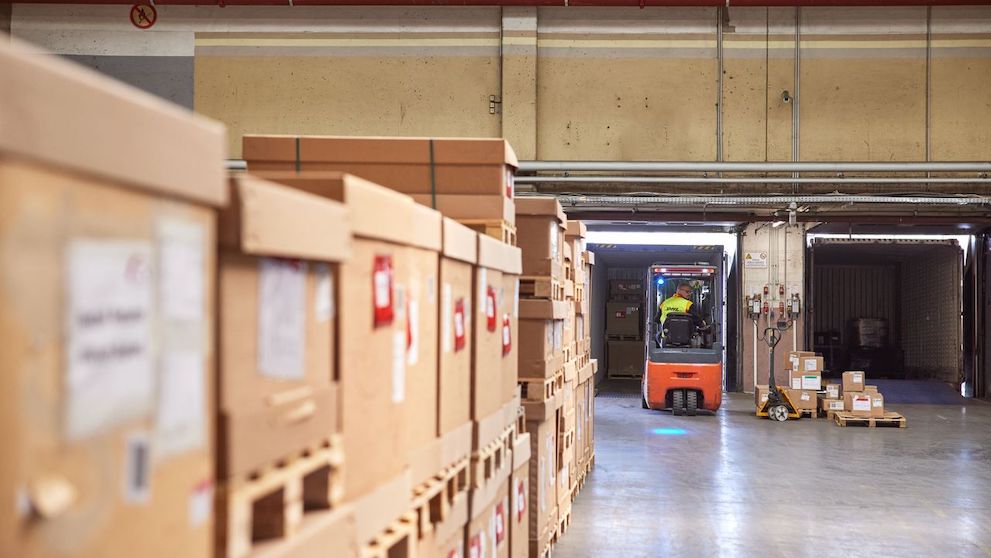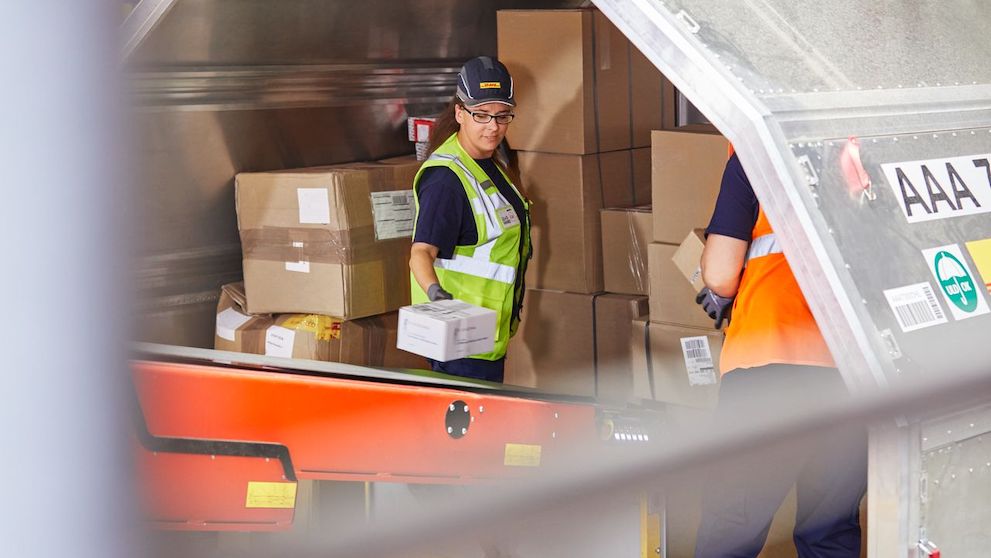Thailand and Canada have enjoyed a flourishing trade partnership, with a growing demand for unique Thai goods across the Canadian border. In 2023, Thailand exported over US$1.9 Billion worth of goods to Canada1, according to the United Nations COMTRADE database on international trade.
With such strong economic ties and increasing demand for Thai products, navigating the export process efficiently is essential. To ensure your shipments reach Canada seamlessly, this guide will provide a clear and concise overview of shipping from Thailand to Canada. We'll cover everything you need to know, including shipping options, prohibited goods, customs duties, and costs of shipping.
How to export to Canada & what documents do you need?
Proper documentation is crucial for smooth international shipping from Thailand. Missing or incorrect paperwork can lead to delays, fines, or even the return of your export shipments. Learning how to successfully send a package to Canada starts with understanding these key documents:
- Air Waybill: Consider this your shipment's passport. It contains vital details like sender and recipient information, weight and dimensions, declared value, and destination.
- Commercial Invoice: The Commercial Invoice lists everything from quantities and unit prices to the total value and any applicable discounts. Customs officials use this to assess the value of your goods for duties and taxes.
- Packing List: The packing list itemizes the contents of each package, helping customs officials verify your shipment.
- Country of Origin Certificate: This certificate confirms your goods were made in Thailand. It's often required to qualify for preferential tariff treatment under trade agreements between Thailand and Canada.
- Other permits or licenses: Some goods require special permission to enter Canada. For instance, food products may need an import permit from the Canadian Food Inspection Agency.

Customs duties, tariffs, and taxes when shipping to Canada
When shipping from Thailand to Canada, it's essential to understand the applicable taxes and customs duties to make an accurate calculation of how much your export costs will be.
Canada imposes a Goods and Services Tax (GST) on most imported goods. Currently, the GST rate is 5% of the value of the goods. However, some exemptions apply, such as:
- Goods valued at CA$20 or less: These are generally exempt from GST.
- Gifts from friends or family overseas valued at CA$60 or less: These are also generally exempt from GST.
- Essential goods: Basic groceries, prescription drugs, medical devices, and certain agricultural items.
- Special cases: Imports by charities, non-profits, or for education, plus personal exemptions for returning residents, may also qualify.
To determine the duties applicable to your shipment from Thailand, you'll need to identify the correct HS codes for your export goods. These codes classify traded products and are used to determine tariff rates. Your shipment may also be subject to Provincial Sales Tax (PST) or Harmonized Sales Tax (HST), depending on the province.
How much is shipping to Canada in total? Well, the final cost will depend on the value of the goods, the applicable duties and taxes, and shipping fees. For exporters who need greater clarity and control over their shipping budget, you can check the price of your international shipment from DHL Express.
Restricted and prohibited goods to Canada
Canada has strict regulations regarding the import of certain goods. Some items are restricted, meaning they may require special permits or licenses, while others are entirely prohibited:
- Firearms and weapons: These require special permits and licenses.
- Certain food products: Meat, dairy, and plant products may be subject to import restrictions and require permits from the Canadian Food Inspection Agency.
- Live animals: Importing live animals requires permits and may be subject to quarantine regulations.
- Drugs and narcotics: These are strictly prohibited, except prescription medications with proper documentation.
- Hazardous materials: These include flammable liquids, explosives, and toxic substances, which require special handling and documentation.
Ship to Canada with confidence using DHL Express
Shipping from Thailand to Canada might seem daunting, but a little preparation goes a long way in ensuring a smooth and hassle-free experience. By taking the time to understand the export process, you can avoid potential delays and ensure your goods arrive safely and on time.
When considering how to ship items overseas, a good delivery partner can make all the difference. For exporters from Thailand, DHL Express offers a range of services to suit your needs, from express delivery to economy global shipping.
To streamline your shipping process and benefit from preferential rates, online tracking tools, and dedicated support, consider creating a DHL Express business account. With DHL Express, you can ship to Canada with confidence, knowing your goods are in safe hands.






































